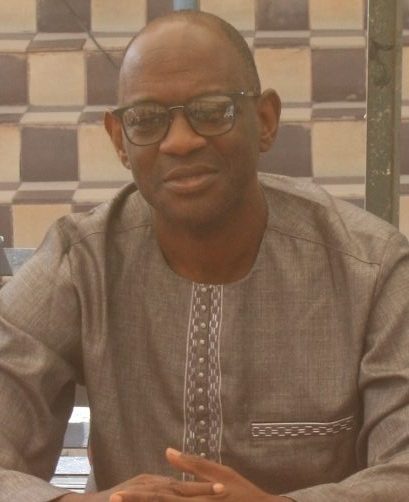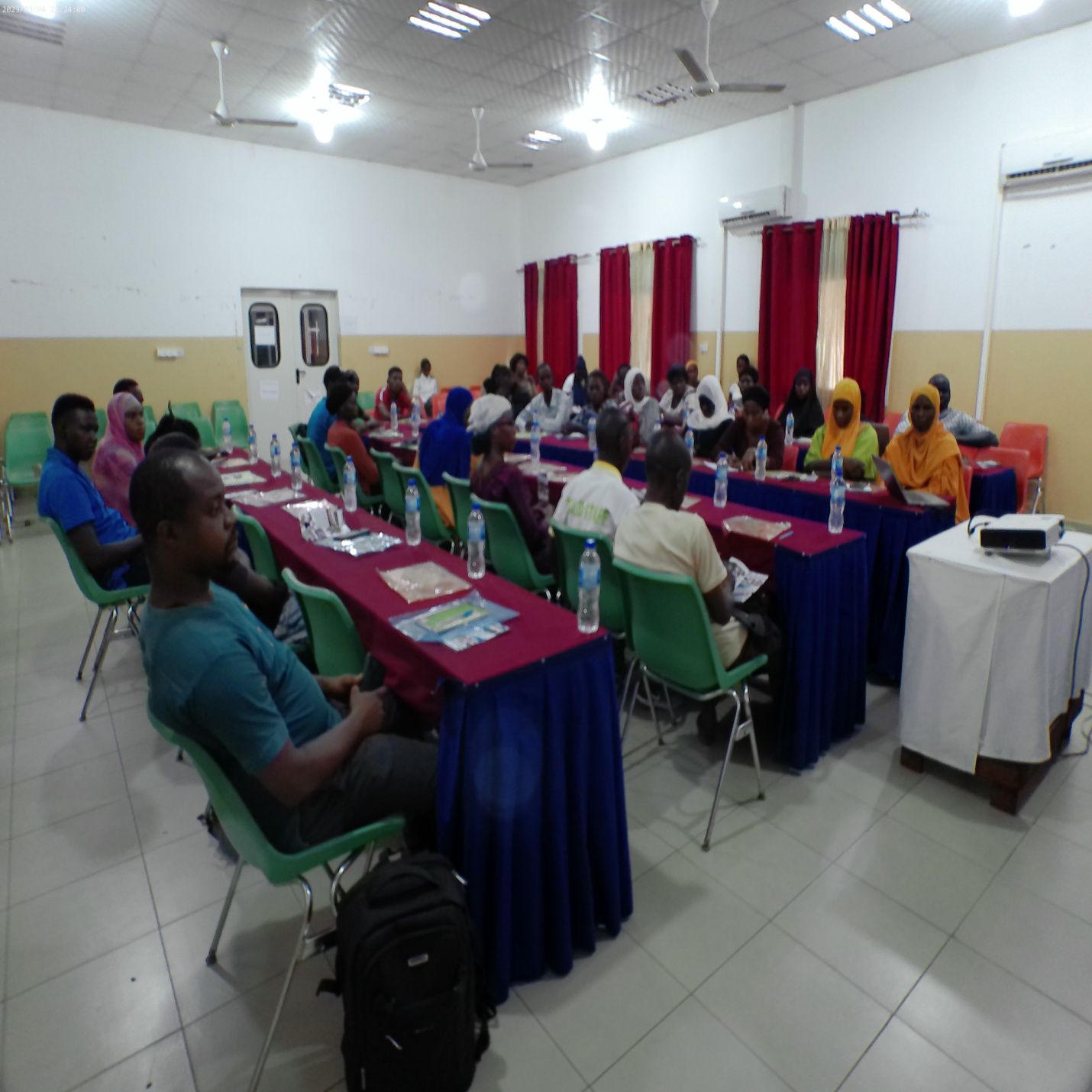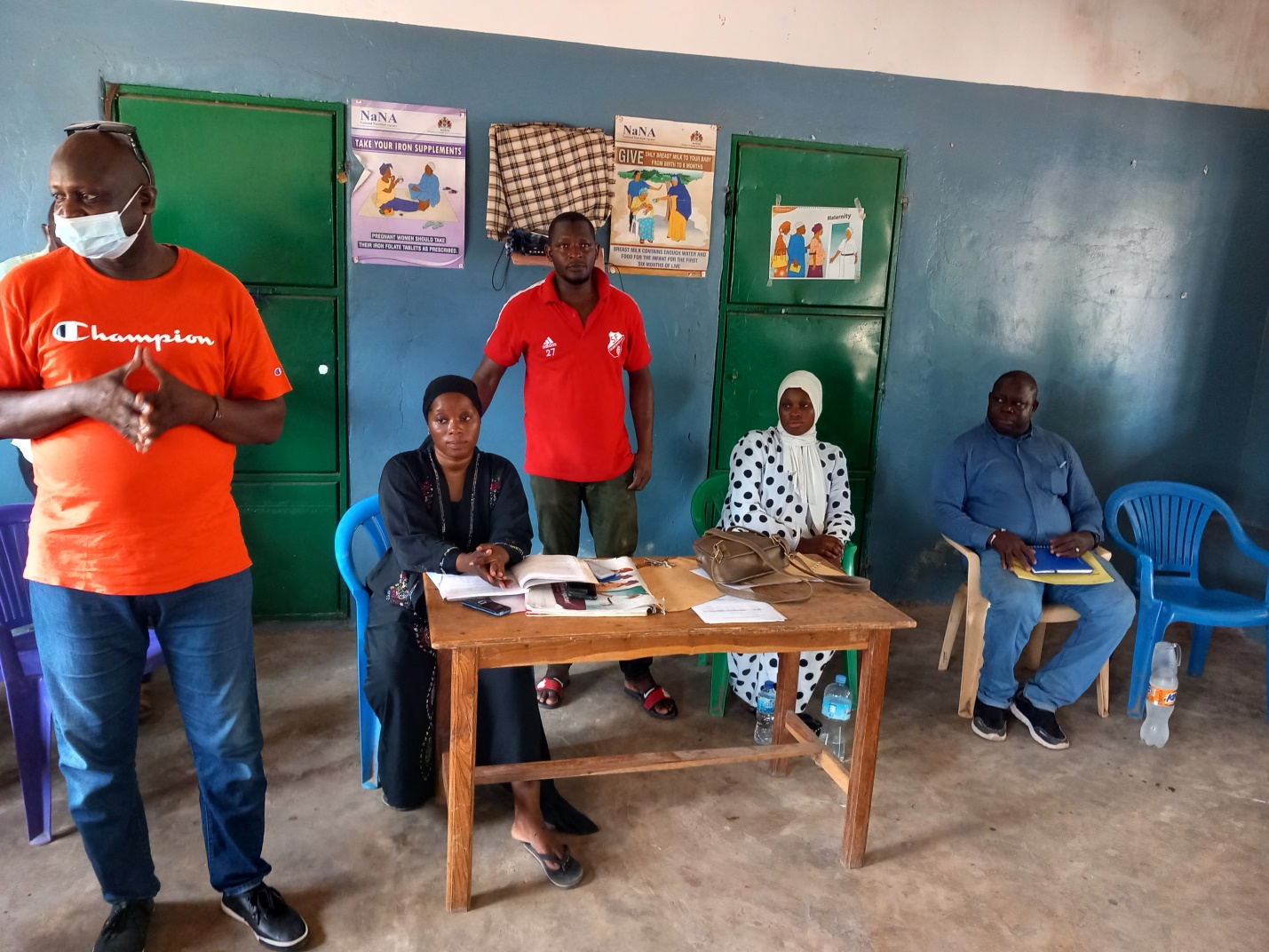By Yunus S Saliu
Gambian World Heritage Site communities, since 2020, are benefiting immensely from the ‘Combating Covid-19 Impairment at Kunta Kinteh Island and Related Sites, Juffureh, The Gambia through skills acquisition, communities outreach and peer exchange programs under its SOS African Heritage Project.
Through this project, the National Centre for Arts and Culture (NCAC) had killed two birds with a stone by supporting communities hosting The Gambia’s UNESCO World Heritage Sites to withstand the impairment caused to their communities by lack of visitors due to Covid-19 through skills acquisition and also increase capacity of the sites in terms of interpretation and conservation.
Commenting on this, Mr Hassoum Ceesay, Director General of the National Centre for Arts and Culture confirmed that over 60 youths including 33 women benefitted from the project which included tour guides training and skills for women in tie and dye together with soap making.
“The aim of the German National Commission project was to offer relief to the youth and women in the communities of Juffureh and Albreda. And at Fort Bullen, Barra which host the World Heritage Property of Kunta Kinteh Island and Related Sites through training activities that will enhance skills, livelihoods and resilience at this moment. And boost their readiness to earn income from visitors during post Covid-19,” DG Ceesay noted.
According to him, one of the women’s groups has recently earned D12,000 in a month from their soap making “thanks to the skills learnt in late 2020!” the NCAC boss appreciated the project.
The Director General explained that through the German funding, NCAC was also able to cement community relations at the UNESCO World Heritage sites which were almost absent saying “these communities always looked up to NCAC to support their livelihood and youth employment concerns. Luckily, through the project the NCAC has been able for the first time to respond to community needs of its UNESCO World Heritage Sites.”
He maintained that an unexpected result of the project was that it supported NCAC to train youths in skills which make them more hopeful in staying and earning their livelihoods in their communities through tour guiding and souvenir making than trying the dangerous ‘backway’ journey to Europe.
He disclosed that other communities hosting UNESCO World heritage Sites also now want NCAC to roll out the ‘success’ story of 2020 German National Commission funded project in their communities so that they too will benefit from guides training and other skills acquisition. This, he has assured them “we will do our best towards that.”





